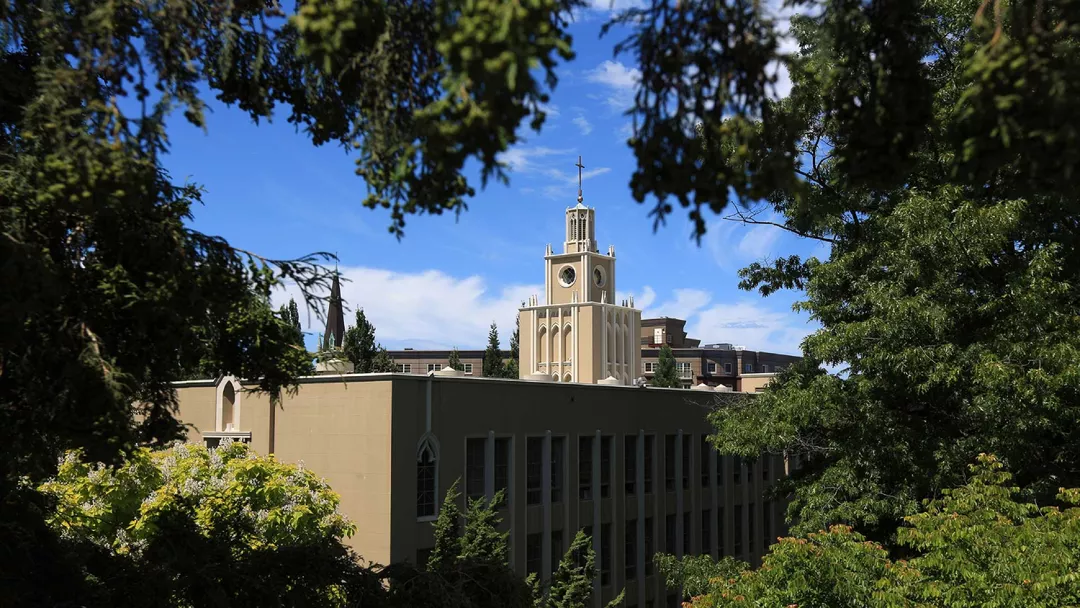-
hello@abroadcube.com
Mail us
-
Call For Help:
98779 83783
-
Whatsapp Us
70090 34921
The Seattle University Master of Science in Data Science is an interdisciplinary program focused on the study of data-driven decision making. Recent decades have seen a rapid expansion in data collection, and the magnitude of that data impacts every industry. The masters in data science program combines the developmental aspects of statistics and computer science to bring data analysis and modeling to bear on real-world problems. The degree program requires the completion of 45 credits.
There is a growing demand in the region for professionals with degrees in data science. Seattle is one of the intellectual centers of this emerging field, and the Seattle University Master of Science in Data Science connects students with local industry for projects and networking. For their capstone project, student will work in small teams to define and carry out a data science project in collaboration with industry partner.
| Level | Masters |
| Discipline | Computer Science and IT |
| Duration | 24 months |
| Intakes | Jan, Sep |
| Application Fees | USD 55 |
| Tuition Fees | USD 17892 |
| Campus | Main |
| Language proficiency (minimum) | |
| IELTS | 6.5 |
|---|---|
| TOEFL | 86 |
| PTE | 63 |
| Duolingo | 110 |
| Exam proficiency (minimum) | |
| SAT | Not Required / Waiver |
|---|---|
| ACT | Not Required / Waiver |
| GRE | Not Required / Waiver |
| GMAT | Not Required / Waiver |
Minimum GPA - 77%
QS Quacquarelli Symonds is the world’s leading provider of services, analytics, and insight to the global higher education sector, whose mission is to enable motivated people anywhere in the world to fulfil their potential through educational achievement, international mobility, and career development.
THE (Times Higher Education) has been providing trusted performance data on universities for students and their families, academics, university leaders, governments and industry, since 2004. We create university rankings to assess university performance on the global stage and to provide a resource for readers to understand the different missions and successes of higher education institutions.
The Academic Ranking of World Universities (ARWU) was first published in June 2003 by the Center for World-Class Universities (CWCU), Graduate School of Education (formerly the Institute of Higher Education) of Shanghai Jiao Tong University, China, and updated on an annual basis
The "Webometrics Ranking of World Universities" is an initiative of the Cybermetrics Lab, a research group belonging to the Consejo Superior de Investigaciones Científicas (CSIC), the largest public research body in Spain. CSIC is among the first basic research organizations in Europe. The CSIC consisted in 2006 of 126 centers and institutes distributed throughout Spain.

